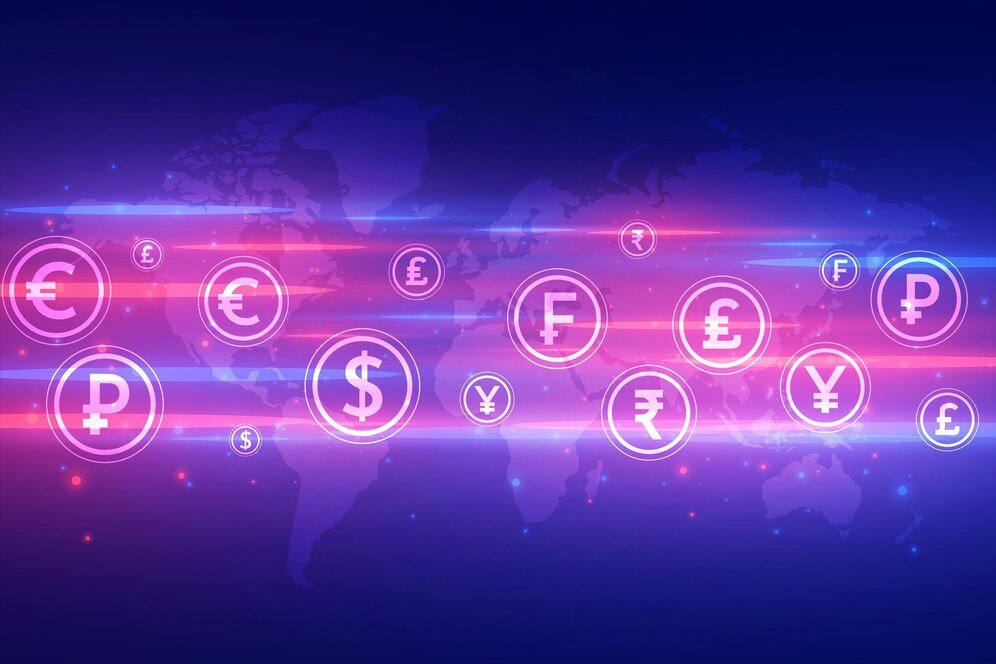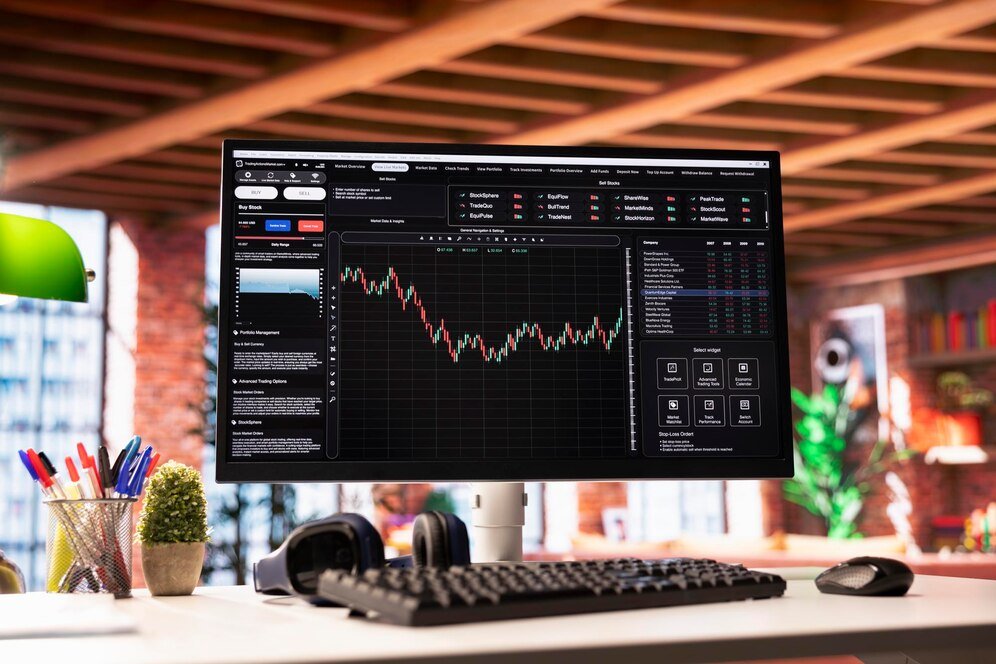As the cryptocurrency market continues to grow, the importance of regulation in ensuring the safety and security of crypto exchanges has become increasingly critical. For investors and traders, understanding how regulation impacts the choice of a crypto exchange can help mitigate risks and enhance confidence in their trading activities. In this blog, we’ll explore the role of regulation in choosing a safe crypto exchange and what to look for when selecting a platform.
1. Understanding Regulation in the Crypto Space
1.1. What is Regulation?
Regulation refers to the rules and guidelines set by governmental bodies to govern the activities of businesses and protect consumers. In the context of cryptocurrency, regulation aims to create a safe trading environment, reduce fraud, and prevent money laundering and other illicit activities.
1.2. Regulatory Bodies
Different countries have various regulatory bodies overseeing cryptocurrency exchanges. For instance, in the United States, the Securities and Exchange Commission (SEC) and the Commodity Futures Trading Commission (CFTC) play significant roles. In the European Union, the European Securities and Markets Authority (ESMA) is involved in regulatory discussions. Knowing which regulations apply to your chosen exchange is crucial for understanding its security and compliance.
2. The Importance of Regulation in Crypto Exchanges
2.1. Consumer Protection
Regulated exchanges are often required to adhere to strict guidelines designed to protect consumers. This includes safeguarding user funds, maintaining transparency in operations, and ensuring fair trading practices. By choosing a regulated exchange, users can have greater peace of mind knowing that their interests are protected.
2.2. Enhanced Security Measures
Regulatory frameworks often mandate that exchanges implement robust security protocols. This can include measures like two-factor authentication (2FA), cold storage for assets, and regular security audits. By opting for a regulated exchange, users can benefit from these enhanced security measures that help protect their investments.
2.3. Reducing Fraud and Scams
The cryptocurrency space has seen its share of scams and fraudulent activities. Regulatory oversight can help deter such behavior by enforcing compliance and penalizing non-compliant exchanges. This, in turn, fosters a safer trading environment for users.
3. Key Regulatory Features to Look For
3.1. Licensing and Compliance
When choosing a crypto exchange, it’s essential to verify whether it is licensed and compliant with the relevant authorities in its operating jurisdiction. A licensed exchange typically follows local regulations, which can offer users an added layer of security.
3.2. Know Your Customer (KYC) Policies
Regulated exchanges often implement KYC policies to verify the identities of their users. This process helps prevent money laundering and ensures that the platform is being used for legitimate purposes. While KYC may require users to submit personal information, it is a sign of a responsible exchange.
3.3. Transparency in Operations
Look for exchanges that are transparent about their operations, including their fee structures, security measures, and how they handle user funds. A regulated exchange will typically provide clear information about its policies and practices, fostering trust among users.
4. Evaluating the Regulatory Landscape
4.1. Jurisdiction Matters
The regulatory environment can vary significantly between countries. When choosing an exchange, consider the jurisdiction in which it operates. Some jurisdictions have more robust regulatory frameworks than others, impacting the level of protection available to users.
4.2. Global vs. Local Regulations
While some exchanges operate globally, others may focus on specific local markets. Understanding the regulatory landscape in your region can help you choose an exchange that complies with local laws and offers greater consumer protection.
5. The Future of Regulation in Crypto Exchanges
5.1. Evolving Regulations
As the cryptocurrency market matures, regulations are expected to evolve. Regulatory bodies are increasingly recognizing the need for clear guidelines to protect consumers while fostering innovation. Staying informed about regulatory changes can help users make better decisions regarding their chosen exchanges.
5.2. The Impact of Regulation on Market Confidence
Stronger regulatory frameworks can enhance market confidence, encouraging more users to participate in cryptocurrency trading. As more exchanges comply with regulations, the overall reputation of the crypto market may improve, attracting institutional investors and mainstream adoption.
Conclusion
Regulation plays a vital role in ensuring the safety and security of cryptocurrency exchanges. By choosing a regulated exchange, users can benefit from enhanced consumer protection, robust security measures, and reduced risk of fraud. When selecting an exchange, it’s essential to consider licensing, KYC policies, and the regulatory landscape in your jurisdiction. As the crypto market continues to evolve, staying informed about regulations will empower users to make safer and more informed trading decisions. Ultimately, understanding the role of regulation can lead to a more secure and confident trading experience in the ever-changing world of cryptocurrency.













